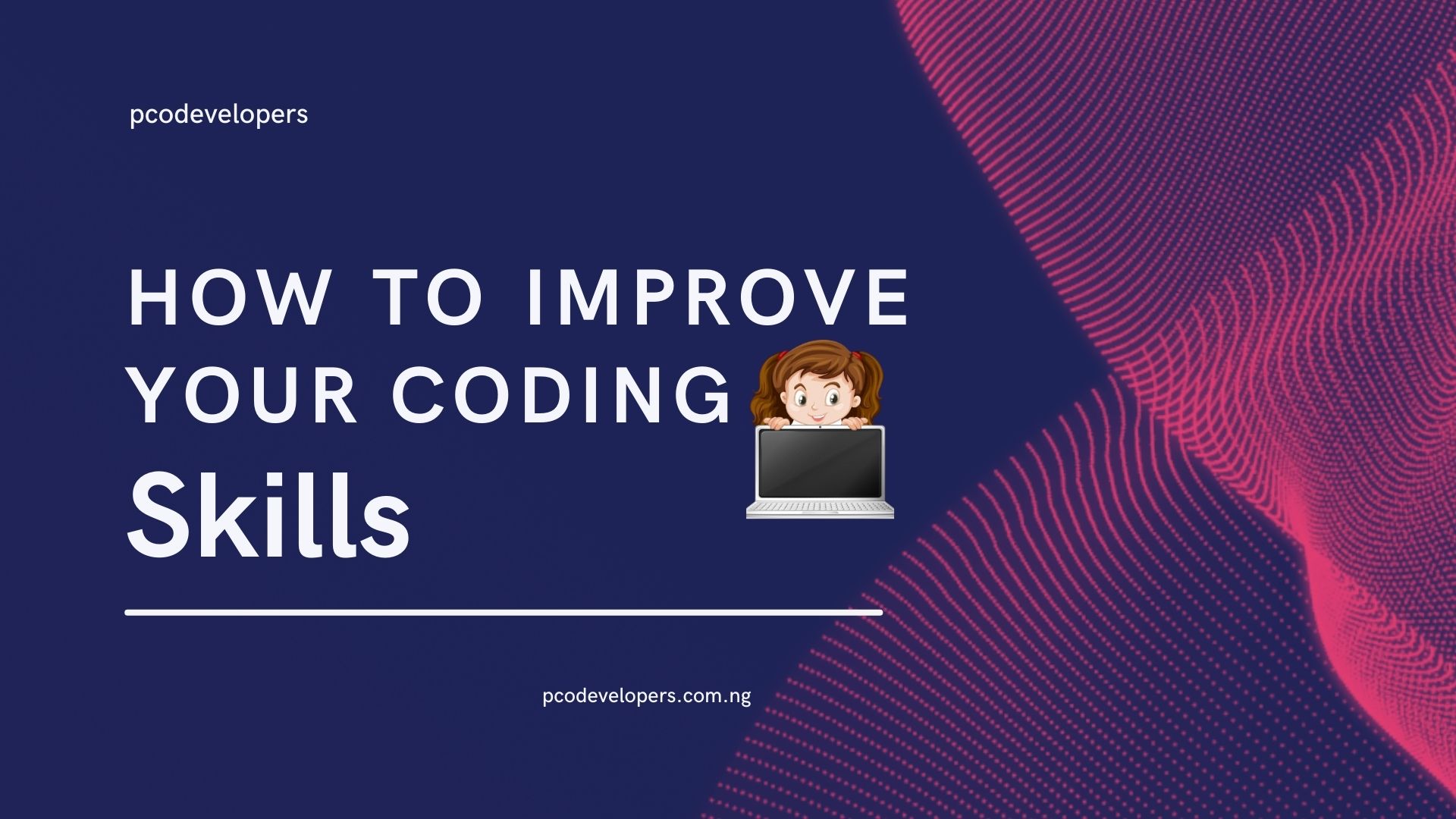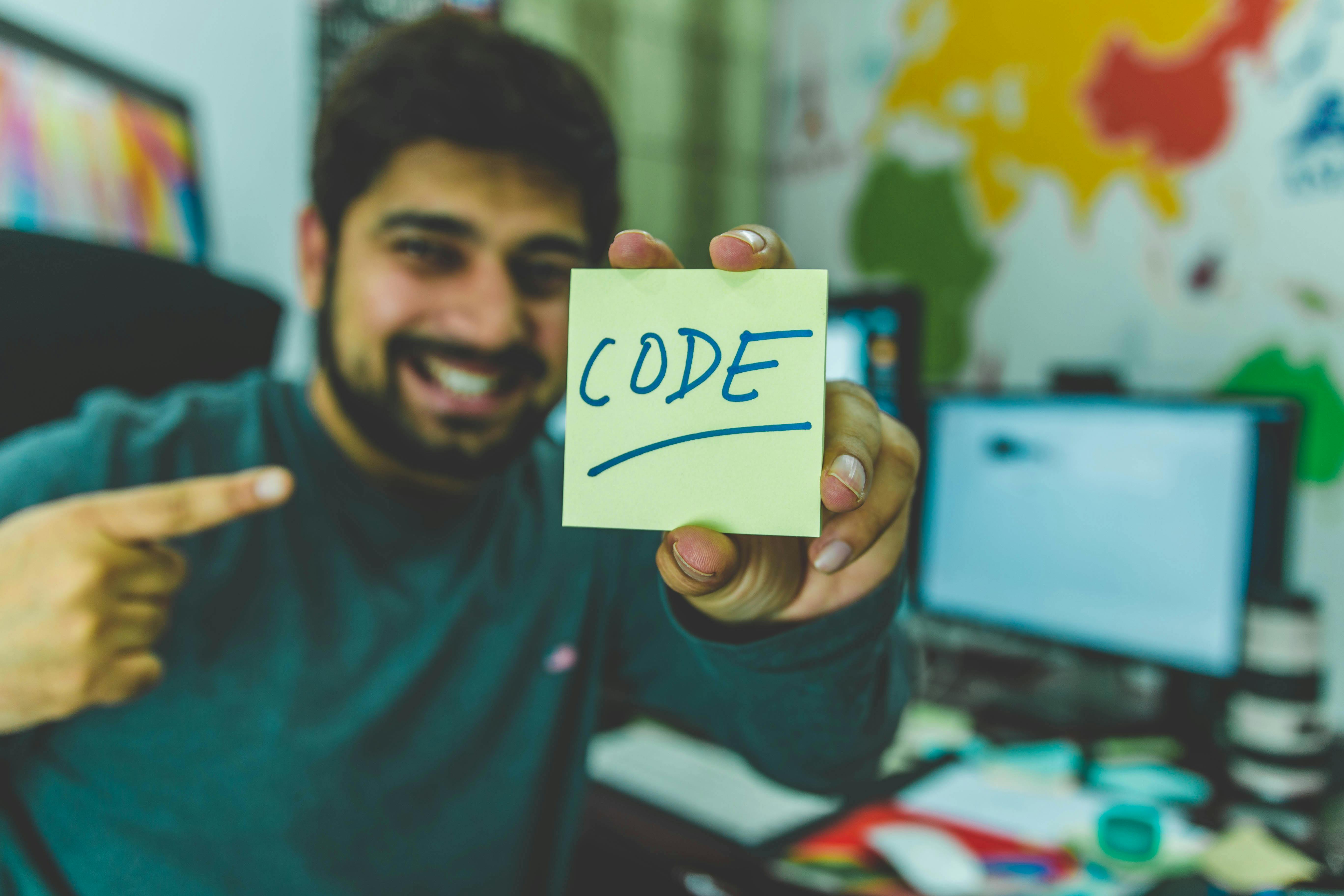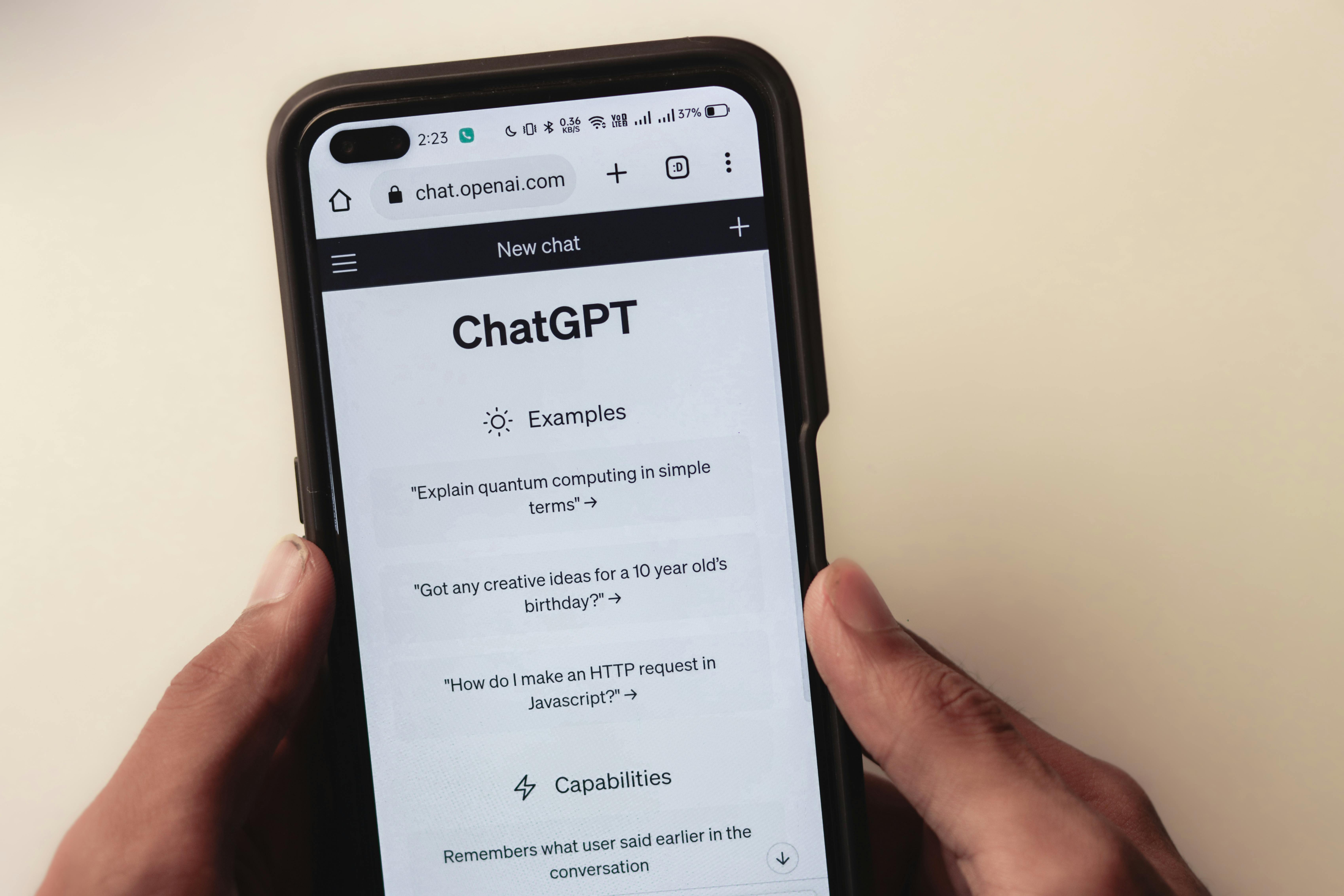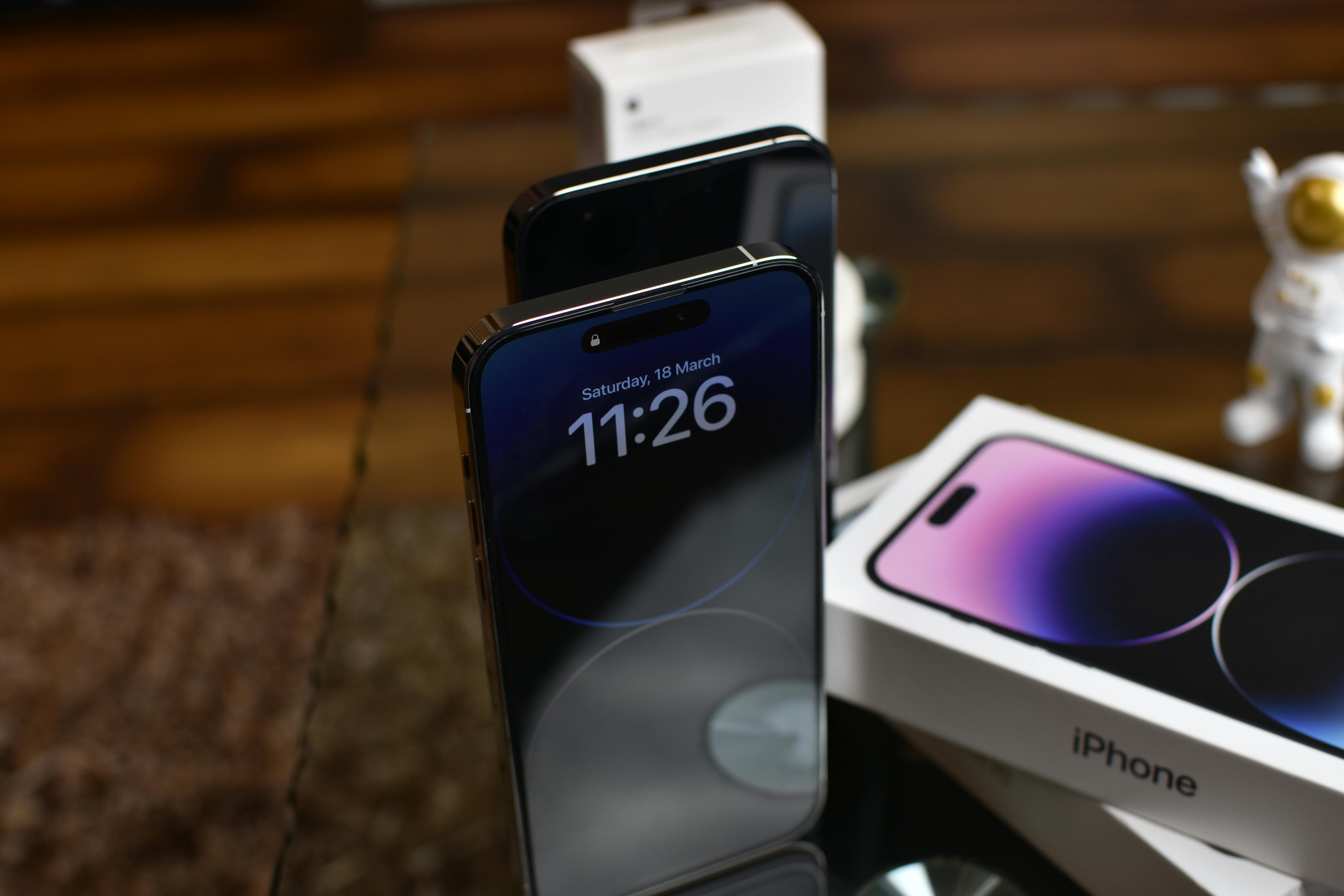When you first begin your coding journey, it’s easy to feel overwhelmed. There’s so much to learn, from understanding basic syntax to solving complex algorithms. The good news is, with the right strategies and mindset, anyone can improve their coding skills. Whether you're aiming to switch careers, build a personal project, or just sharpen your technical skills, there are clear steps you can follow to become a better programmer. In this article, we’ll cover detailed, beginner-friendly tips on how to improve your coding skills.
- Set Clear Goals
Before diving into learning how to code, it’s essential to define what you want to achieve. Setting clear goals gives you a direction to work towards, helping you stay motivated and focused. Ask yourself:
1. Why did you start coding?
2. What do you hope to achieve with your coding skills?
3. What kind of projects or jobs do you aspire to work on?
Your goals can be as big or small as you want. Here are some common goals that can guide your learning journey:
- Build a personal website
- Create a mobile app
- Land a job as a software developer
- Work remotely or freelance
- Enhance your financial situation by gaining tech skills
Once you’ve outlined your goals, break them down into smaller, actionable tasks. For example, if you want to build a website, start by learning how to create a basic HTML structure, and then add CSS styling and JavaScript functionality. These small wins will keep you motivated and make the learning process feel more manageable.
2. Practice Daily
Learning to code is like learning a new language or picking up a musical instrument – it requires consistent practice. The more you code, the more familiar you’ll become with problem-solving, debugging, and writing efficient code. Even if you only have an hour a day to spare, that time adds up.
One powerful way to practice is by engaging in coding challenges or contributing to small projects. Websites like LeetCode, Codewars, and HackerRank offer daily coding challenges that can sharpen your skills.
Another tip is to revisit projects you’ve already completed. Rewrite or refactor the code with your new knowledge. This process will help you see your growth and solidify the concepts you’ve learned.
3. Work on Personal Projects
Building personal projects is one of the most effective ways to improve your coding skills. By working on projects that you’re passionate about, you not only improve your technical skills but also boost your creativity and problem-solving abilities. Personal projects allow you to work on real-world problems and create tangible results that you can showcase in your portfolio.
It’s okay to start small! Here are some beginner-friendly project ideas:
- Build a to-do list app
- Create a blog platform
- Develop a weather forecast tool
- Design a personal portfolio website
These projects don’t have to be complex. The goal is to create something that helps you apply your skills and learn through doing. Plus, completing small projects gives you a sense of accomplishment and boosts your confidence.
4. Share Your Knowledge
One of the best ways to solidify what you've learned is by teaching others. Sharing your knowledge not only helps you retain information but also improves your ability to explain concepts clearly. Start by writing blog posts, creating video tutorials, or even helping others on forums like StackOverflow.
For instance, you could write an article explaining a tricky concept you’ve just learned, like how to implement loops or how to set up a database connection. You don’t have to be an expert to share your knowledge. As long as you’re honest about your learning journey, others will appreciate your insights.
By writing or creating tutorials, you’ll improve your communication skills, which are crucial for developers. It also opens doors for networking opportunities within the coding community.
5. Read and Review Code
Reading other people’s code can be just as beneficial as writing your own. You’ll learn new coding techniques, best practices, and how other developers solve problems. Platforms like [GitHub](https://github.com/) are treasure troves of open-source projects that you can explore, study, and contribute to.
When you come across a piece of code that looks complicated, take your time to understand how it works. You can even try to re-create the functionality from scratch on your own to deepen your understanding. Over time, this practice will improve your ability to write clean and efficient code.
In addition to reading code, it's also helpful to read coding books and articles. Some beginner-friendly books include:
- "Clean Code” by Robert C. Martin
- "The Pragmatic Programmer” by Andrew Hunt and David Thomas
- "Eloquent JavaScript” by Marijn Haverbeke
These books provide deeper insights into programming best practices, helping you become a more thoughtful and efficient coder.
6. Embrace Mistakes and Seek Feedback
Mistakes are an inevitable part of the learning process. Instead of being discouraged by errors, embrace them as opportunities to grow. When debugging, take the time to understand what went wrong and how to fix it. The more you troubleshoot, the better you’ll become at finding and solving problems quickly.
Don’t hesitate to ask for feedback on your code, either from your peers, mentors, or online communities. Platforms like StackOverflow and Reddit have active developer communities where you can ask questions, seek advice, and get constructive feedback. This not only accelerates your learning but also connects you with like-minded individuals who can support you on your journey.
7. Stay Curious and Explore New Technologies
The tech world is constantly evolving, with new languages, frameworks, and tools being developed all the time. Stay curious and make a habit of exploring new technologies. While it’s important to master the fundamentals, learning new tools can expand your capabilities as a developer.
Start by experimenting with popular frameworks like React, Vue, or Angular if you're into web development, or dive into Python libraries like Pandas and NumPy if you're more interested in data science. Exploring new technologies can also help you find your niche in the programming world, whether it's web development, mobile app development, or artificial intelligence.
Becoming a better coder is not about mastering everything overnight. It's about consistent effort, learning from mistakes, and always staying curious. Remember that coding is a journey, not a destination. As you work towards your goals, practice regularly, build personal projects, and don’t be afraid to share your knowledge and ask for help when needed. Keep reading, exploring, and coding, and over time, you’ll find yourself becoming a more confident and skilled developer.






